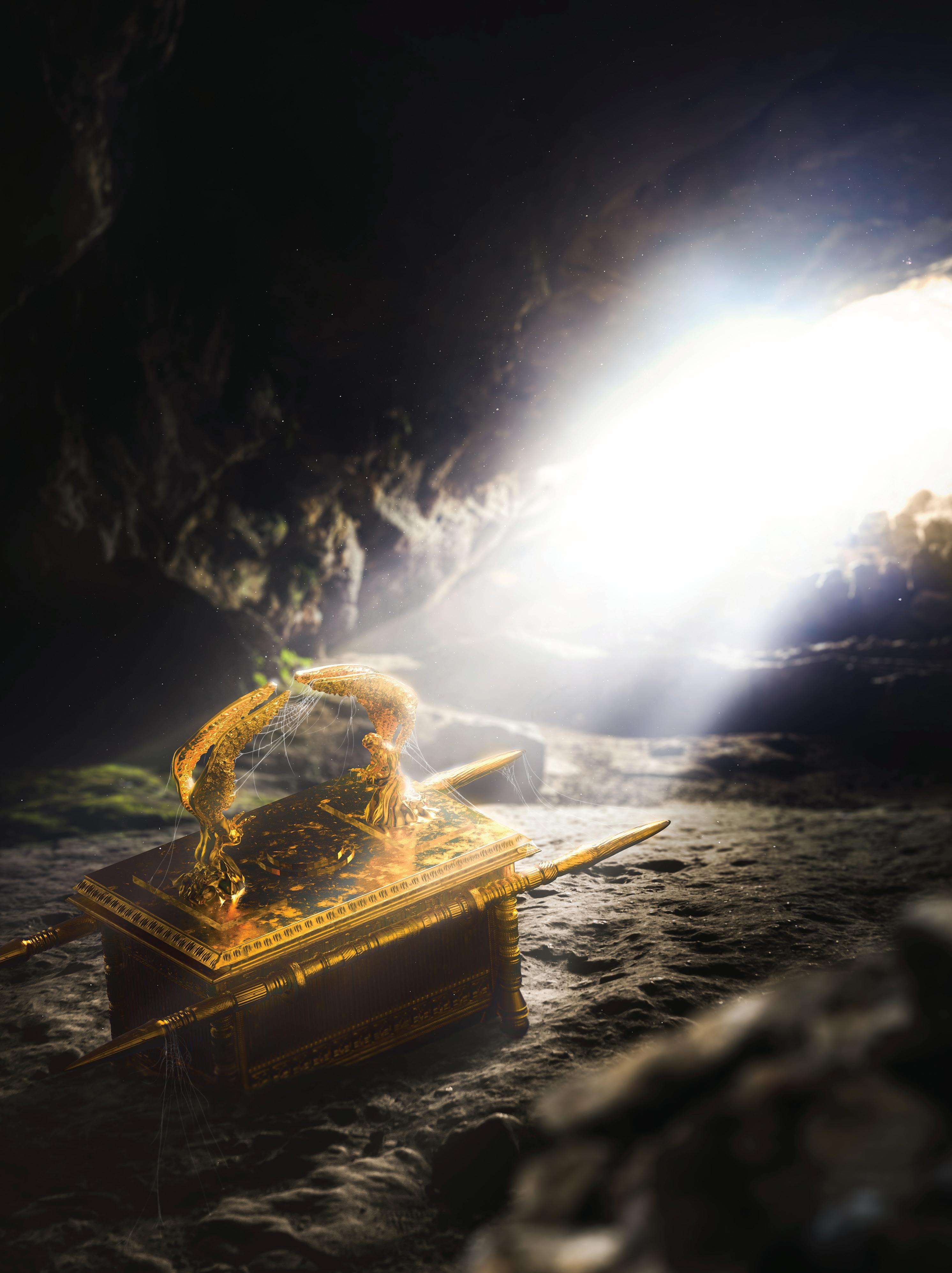
2 minute read
9TH DEGREE Master of the Temple
by David Charles Hanna, 33°, HGA
The Ninth Degree of the Lodge of Perfection emphasizes the importance of care towards mankind, regardless of one’s religious background. It also addresses the unification of mankind via spiritual culture, specifically that minor differences in canon and culture are not factors of division, but of harmonious education. With such unity, man can not only worship God as he sees fit but also places himself before the altar of his fellow man. To be of service to others is the second hallmark of this degree.
The Master of the Temple is set during a ceremony called the Day of Dedication. The Ark of the Covenant is placed in the Holy of Holies after a parade through Jerusalem. King Solomon hosts all the kingdom’s citizens, along with various foreign dignitaries and holy men, in hopes of sharing his people’s faith and learning about the respective faiths of his visitors. When Hadad, a philosopher from the village of Edom, ridicules the procession as a “foolish prattle of babes who cannot reason,” he is accused of madness and blasphemy. Undeterred, Hadad goes on to point out how man has blind obedience to a God (or gods) that cannot be seen, nor seems to care for the existence of mortals or the courses of their lives. King Solomon calls for order as Adoniram, one of the overseeing superintendents of work, arrives.
Adoniram recalls a dream of the new temple and how his meditation of it cast him down the path of local charity and care. He tends to a family in mourning, a confused workman, and reunites a lost child with its mother, ending his journey with a meditation to God in a shade of olive trees. King Solomon listens to Adoniram’s story and praises the superintendent as a Master of the Temple, stating, “He who serves God’s creatures, who ministers to God’s children, who adores God in the solitary chamber of his own heart, he worships God in sincerity and in truth.” Hadad realizes his mistake, retracts his earlier position with the forgiveness of King Solomon, and is tasked to follow in Adoniram’s path toward enlightenment and peace.
One of the reasons for my choosing the Ninth Degree is its essence of contemplative practice. It is during one’s personal meditations where life experiences and knowledge are reviewed and prepared. The case of Adoniram is an excellent example of this practice. The devoutly spiritual Adoniram takes a journey that places him in the paths of several people who are in need. Without concern for himself, the superintendent cares for a mourning family, guides a fellow workman, and reunites a mother and child. It is during these acts where he feels freedom, fulfillment, and connection with God. The knowledge that the connection with and assurance of God’s presence can be revealed from the care of your fellow man is a source of comfort to me. After all, according to the Book of Genesis, man was made in God’s image. From a Masonic standpoint, it isn’t enough to bear God’s likeness. Committing the same acts of care and genuine empathy are essential to others and the self. Having personally witnessed this degree, I believe that true connection with God, regardless of my spiritual background, is the fruit of labor toward the care for humanity. When one cares for another, he is simultaneously caring for himself.




